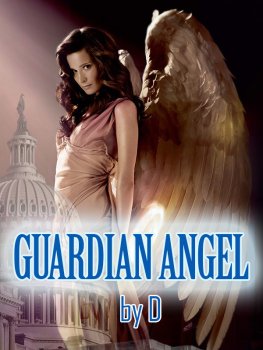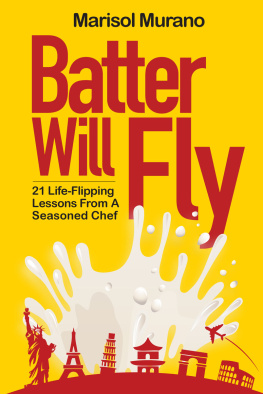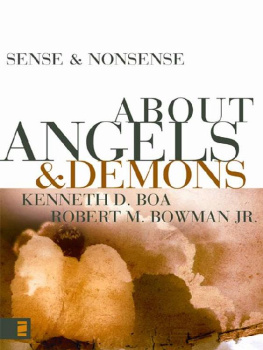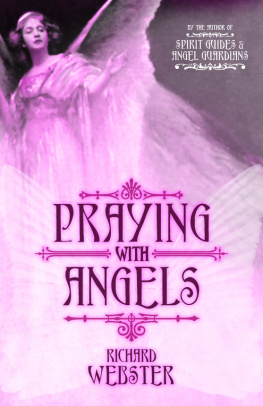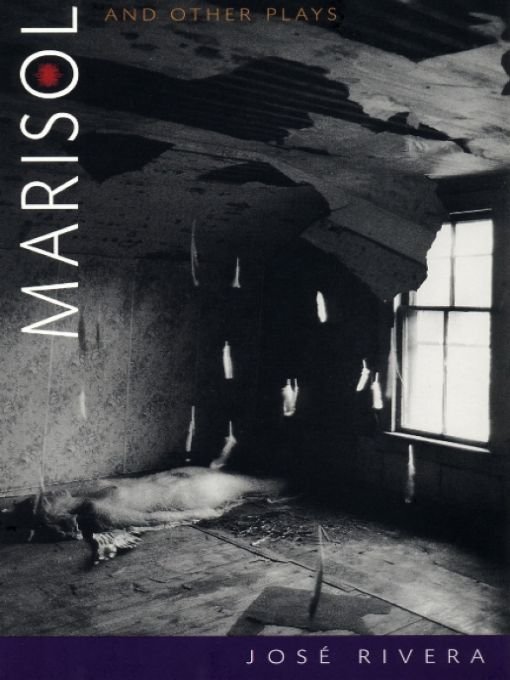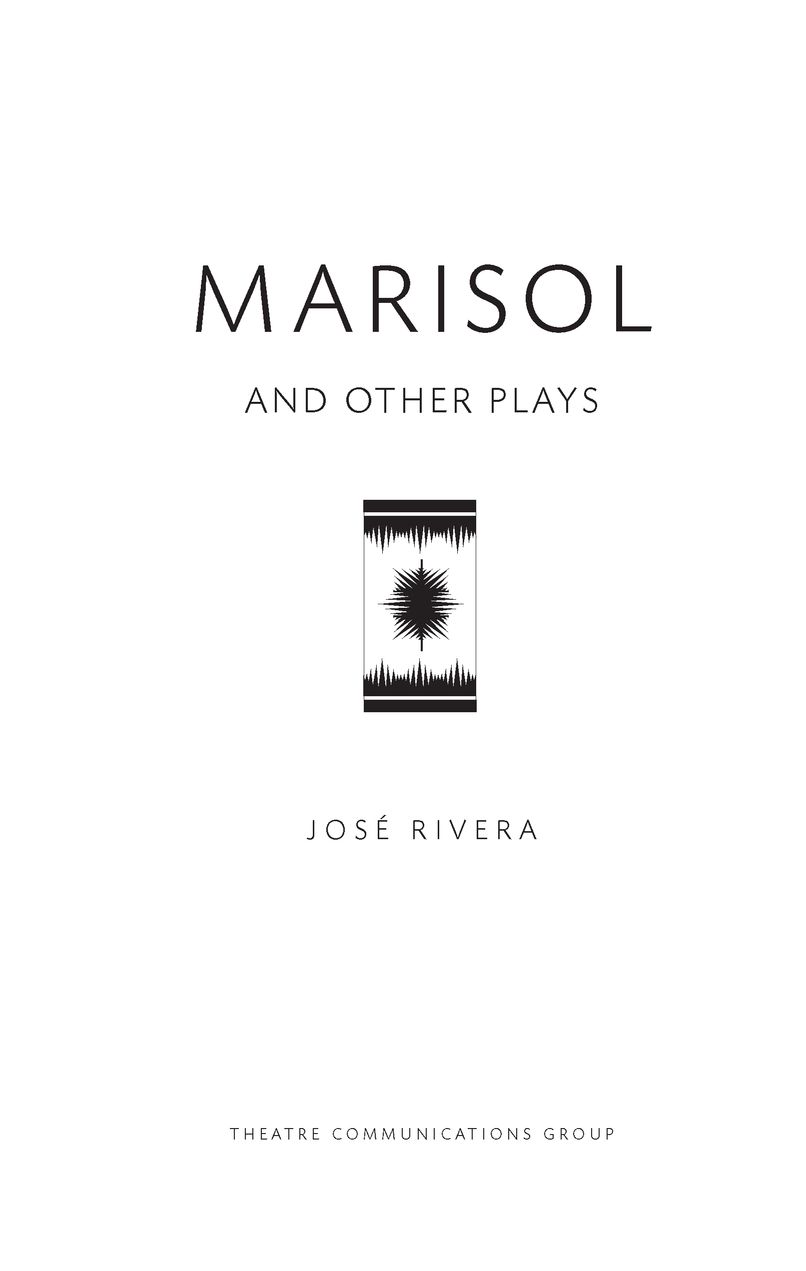Table of Contents
For Heather, Adena and Teo
I felt a kind of vertigo, as if I were merely plunging from one world to another, and in each I arrived shortly after the end of the world had taken place.
Italo Calvino,
IF ON A WINTERS NIGHT A TRAVELER
FOREWORD
by Tina Landau
My first encounter with Jos Rivera occurred 30,000 feet in the air, which perfectly sums up for me both the feeling of working on Joss plays and the special world he invites us to inhabit. In the magical, mysterious Rivera-esque universe, we are somewhere else, somewhere related to the earth but not quite on it; we gaze out and see our little planet as if for the first time, against the sprawling backdrop of Nature, and see how tiny and ridiculous and beautiful it really is.
The airplane began its descent into Los Angeles. I was on my way to meet Jos for the first time, to discuss the possibility of my directing Marisol at the La Jolla Playhouse. I had just turned the last page of the script, and I will never forget the experience of looking down at a maze of freeways and swimming pools, a city which had recently been torn apart by race riots and fire. I saw the city as Jos does, from this unique view I now had: a glimpse of both heaven and hell, cloud and metal, the magic of the celestial and the odyssey of the earth-bound. L.A. suddenly looked different to me. Everything did.
A great writer does this: makes either the strange familiar or the familiar strange, as Brecht put it. Jos does both. Poised delicately between worlds, he writes of burning people and floating beds, of guardian angels and Nazi skinheads, of the storm of the century and candlelit dinners. And in the process, he asks us to see each two as one, and to see each anew.
Magic realism. The term, applied loosely and often to Joss work, causes him both great pride and frustration. Magic realism evolved in the shadows of dictatorship around the world, as a way of expressing the extraordinary events of history which seem to exceed the grasp of ordinary narrative. But this is not exactly how Jos has used it, or rather not exactly why he has developed his own personal rendition. What Jos shares with his great mentor and inspiration, Gabriel Garcia Marquez, is the notion that transactions between the mundane and the extraordinary are not merely a literary technique, but a mirror of an intractable reality, as Michiko Kakutani has written. In Joss view, what exists is not only the material world, but also the unseen world; the magical is part of the real.
Joss theatre of imagination and poetry is also one of political and daily reality. His plays seem to start in hidden histories, inspired by something that actually happened, or someone he actually knew, or some image he actually saw: a man attacking people with a golf club on a New York City subway; a pregnant hitchhiker standing in the rain. Jos takes the stuff of real life and makes it even more so. In Each Day Dies with Sleep, as in real life, a family thrashes against the bonds of love and hate, only more so. In Marisol, as in real life, New York is on the verge of a breakdown, only more so. In Cloud Tectonics, as in real life, two people fall in love and time seems to stand still, only more so. In these extreme, hallucinatory worlds, the more so expresses a truth so bare, so big, that it can only be expressed in the metaphors Jos chooses. The worlds of Joss plays are fantastical because they express the way things really are, under the surface. Each play contains its own complete play-world, a universe that functions with unique laws of time or space or behavior.
Joss plays are not as much about individuals as they are about individuals in relation to the universe. The dialogue is not only between people but also between people and God, people and nature, people and the cosmosand God (or Nature) has both a sense of humor and a temper. The moon has disappeared from the sky; the deluge has arrived; coffee is extinct. The individual is set against this panorama of a world gone wacko: a little figure struggling to stand upright, like Nelly, or to find a way to love, like Anbal, or simply to survive, like Marisol. They try to remain human (Nelly wants to walk on two legs instead of four) or remember some lost self (Anbal wants to speak Spanish). Marisol struggles to return to a semblance of humanity and embarks on a journey which, like the hero path in Joseph Campbells view of mythology, leads her to her new role as hero. These characters struggle to keep their dignity, their passion and, often, their Puerto Rican-ness. In their search for what is lost, they become detectives and each play becomes a mystery, with the protagonist working to piece together a personal solution.
But none of Joss plays are any one thing. The first time I read Cloud, I thought it was a suspense story: Who is Celestina? What are her secrets? The second time I read it, it was clearly a love story: What happens to time and space when two people fall in love? When I read the play for a third time, it became a philosophical discussion of the nature of Time itself: Is time something that can only be measured, or can it also be felt? How, exactly, is time relative? And then, one day it hit me: Aha! the play is a comedy! But that was mock revelation, because by that point I had realized the play was not one of these things but all of them.
While working on Cloud, Jos once asked me, How do you study the clouds? How do you study Love? Who knowsbut I imagine its a bit like trying to study or pin down Joss plays: No matter how hard you try, the realities keep shifting, and you come face to face with the maddening, exhilarating truth that in many great thingslike nature or love, sometimes a playthere is, at its heart, unfathomable mystery.
The hardest thing for me about directing these plays stems from this very multiplicity: How do you locate a tone, a style, create life in this odd, imbalanced place between the natural and the poetic? Just as Chekhov requires a certain approach from actors, or as Shakespeare or Beckett require other approaches to make their drama come alive, so does Rivera. Subtext functions in a certain way in one, thought in another, rhythm in a third...
I wish I could state here what the key to Rivera is. I know that its important to follow the musical dictation, if you will, of Joss italics, underlines and punctuation. I know that its helpful to let each of the lists in his writing build, making each thing worse or bigger or better than the one before. I know that the environment needs to be treated as a character. I know that it all needs to be played with a light touch, that the humor and absurdity need to be embraced. I know, perhaps more than anything, that the actors need to believe in the reality of who they are and what they do and where they live. They cannot act the metaphor, or be the archetype. (If you are the Man With Scar Tissue, then you need to understand that your skin is literally burned off; or, if you are Johnny, you need to get inside what it feels like to have the jealous husbands of Los Angeles on your heels. You need to believe in the unbelievable.)


